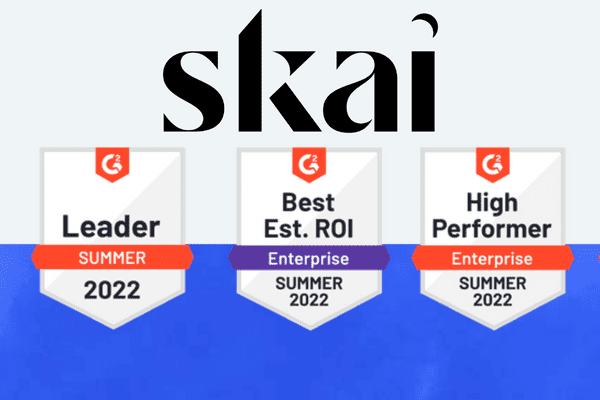Generational marketing is not about saying that everyone from a certain age group acts the same, but there are some observed behaviors of each that are prevalent enough to bank on when developing marketing plans and messaging.
Read this new report to learn more about how you can leverage generational insights to improve your marketing.

Even though the pandemic is over, COVID forever changed how most consumers shop, with 66% of consumers increasing their online spending during the pandemic. And a growing number report that they now prefer online shopping to in-store versus how they shopped before 2020.

That increased spending is coming from unexpected places. For example, Baby Boomers have become an incredibly important demographic for digital advertising. This generation increased its online spending by 49% in 2020, making Boomers the fastest-growing group of online consumers. But marketing to online shoppers can be tricky since each generation responds differently to online advertising.
What Is Generational Marketing?
Generational marketing is a strategic approach that aims to target and tailor marketing efforts specifically to different generations based on their unique characteristics, values, preferences, and behaviors. It recognizes that each generation, such as Baby Boomers, Generation X, Millennials, and Generation Z, has distinct experiences, cultural influences, and technological advancements that shape their attitudes and decision-making processes.
By understanding these generational nuances, businesses can create targeted marketing campaigns and messaging that resonate with specific age groups, effectively capturing their attention, fostering brand loyalty, and driving conversion rates. Generational marketing acknowledges the diversity within consumer demographics and enables companies to connect with their target audience in a meaningful and relevant way.

Understanding the habits and behaviors of today’s generations can give marketers a significant advantage in effectively engaging and influencing them — especially in an omnichannel world with omnichannel customers. By analyzing demographic data, marketers can tailor their messages, products, and advertising to each generation’s specific needs, values, and preferences. This, in turn, creates a more personalized and relevant marketing experience, which leads to higher engagement and conversions.
Moreover, by staying ahead of the latest trends and cultural shifts, marketers can better predict future consumer behavior, allowing them to make informed decisions and stay ahead of their rivals. And in today’s highly competitive business environment, how deeply a brand understands its customers could be the difference between success and failure.
While generational insights are just one piece of the puzzle to better understanding your customer, they must be considered in terms of their value to successful marketing.
In this Skai research report, learn:
- Why generational marketing matters in an omnichannel media plan
- How to go from a “one-size-fits-all” approach to a tailored strategy when marketing to Baby Boomers, Generation X, Millennials, Generation Z, and Generation Alpha
- Specific tips when using advertising to reach these audiences best






